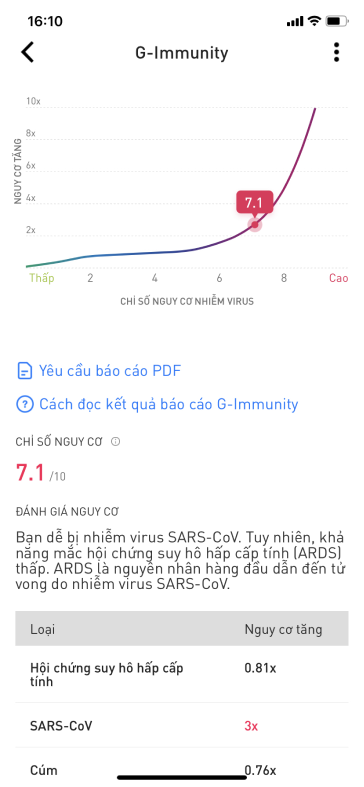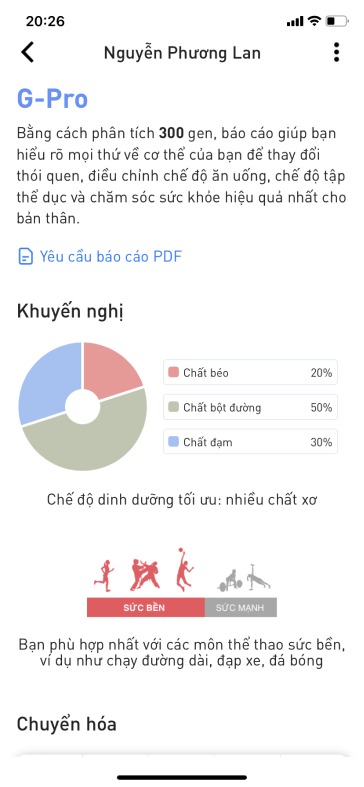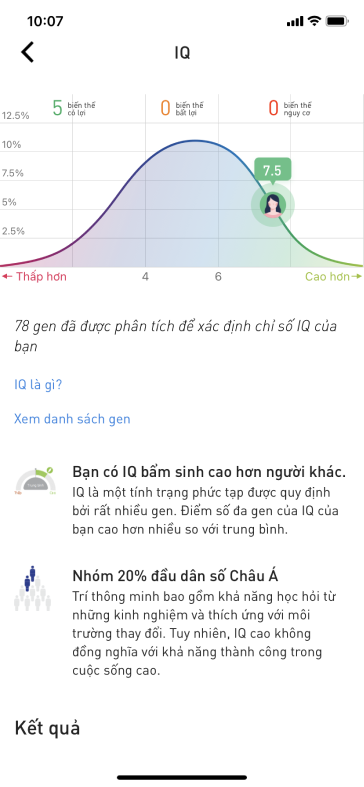
Tin tức & Sự kiện
Nắm trọn mọi thông tin và cập nhật Genetica tại đây.

Dấu hiệu bệnh tim ở tuổi dậy thì
Đau thắt ngực không rõ nguyên nhân, đau vai gáy, đổ mồ hôi, phù chân, ho dai dẳng, choáng váng, kiệt sức…có thể là các dấu hiệu bệnh tim ở tuổi dậy thì.
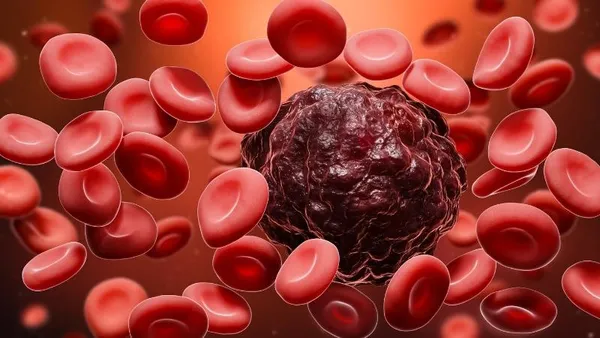
Bệnh ung thư máu: Dấu hiệu, triệu chứng và nguyên nhân là gì?
Ung thư máu là căn bệnh nguy hiểm, mặc dù không phổ biến như ung thư gan, phổi, dạ dày. Ung thư máu chiếm khoảng 10% tổng số ung thư được chẩn đoán ở Hoa Kỳ mỗi năm, ước tính khoảng 3% tổng số ca tử vong do ung thư.

Ung thư da có chữa được không? Nguyên nhân, dấu hiệu, cách điều trị
132.000 ca ung thư da hắc tố xảy ra trên toàn cầu mỗi năm, 2 đến 3 triệu ca ung thư da không phải u hắc tố, cứ ba bệnh ung thư được chẩn đoán thì có một bệnh ung thư da.
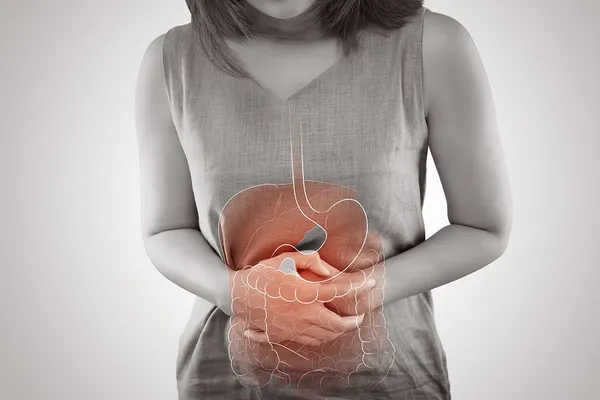
Ung thư ruột là gì? Nguyên nhân, triệu chứng, cách điều trị
Ung thư ruột là loại ung thư phổ biến thứ 3 trong các loại ung thư và thường diễn ra ở độ tuổi từ 50; tỷ lệ sống sót sau năm năm là 70%.
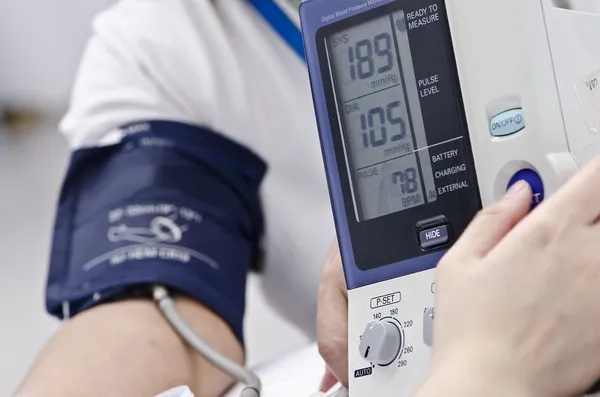
Làm sao để giữ huyết áp bình thường?
Huyết áp cao hay thấp đều gây ảnh hưởng tiêu cực đến sức khỏe. Ngược lại, chỉ số huyết áp bình thường giúp bạn hạn chế các rủi ro cho huyết áp cao hay thấp gây ra. Vậy thế nào là huyết áp bình thường? Cách giữ chỉ số huyết áp ở mức bình thường là gì?
 Ung thư tinh hoàn: Dấu hiệu, triệu chứng biểu hiện là gì?
Ung thư tinh hoàn: Dấu hiệu, triệu chứng biểu hiện là gì?Ung thư tinh hoàn thường xuất hiện ở nam giới dưới 40 tuổi và gây ra khoảng 460 ca tử vong tính đến năm 2022.
 Cách phòng bệnh cho trẻ mùa mưa
Cách phòng bệnh cho trẻ mùa mưaMùa mưa thường là mùa yêu thích của trẻ con nhưng đối với người lớn, mùa mưa luôn là nỗi e ngại do mang những mầm bệnh sốt xuất huyết, sốt rét, bệnh tả và những bệnh khác liên quan đến muỗi. Vậy thì phòng bệnh cho trẻ như thế nào trong mùa mưa, hãy tìm hiểu cùng Genetica.
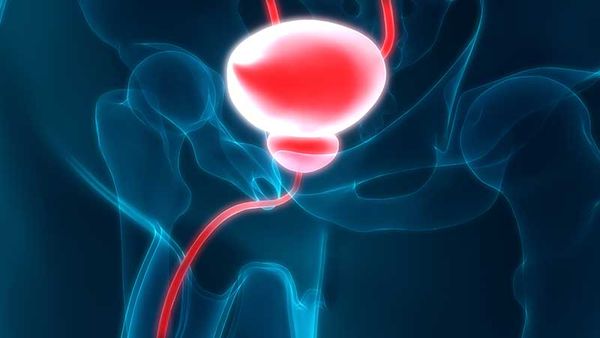 Ung thư bàng quang: Nguyên nhân, triệu chứng, điều trị, phòng ngừa
Ung thư bàng quang: Nguyên nhân, triệu chứng, điều trị, phòng ngừaUng thư bàng quang có thể được điều trị bằng phẫu thuật, hóa trị liệu, hóa trị liệu nội khoa, liệu pháp miễn dịch hoặc xạ trị.
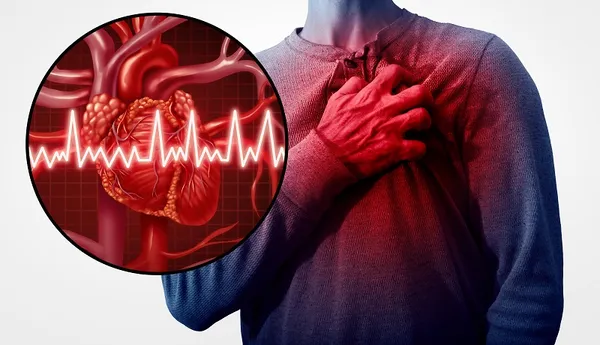 Bệnh tim thiếu máu cục bộ là gì? Có nguy hiểm không?
Bệnh tim thiếu máu cục bộ là gì? Có nguy hiểm không?Bệnh tim thiếu máu cục bộ có thể gây những biến chứng nghiêm trọng, thậm chí đe dọa tính mạng bệnh nhân nếu không được phát hiện và điều trị kịp thời. Hiểu về căn bệnh này sẽ giúp bạn chủ động hơn trong việc phòng ngừa, nhận diện và điều trị bệnh.
 Huyết áp thấp nên ăn gì và kiêng gì?
Huyết áp thấp nên ăn gì và kiêng gì?Huyết áp thấp nên ăn gì? Muối, thực phẩm giàu vitamin B12, thực phẩm giàu vitamin B9 được khuyến nghị cho người bị tụt huyết áp.
 Bị tụt huyết áp: Dấu hiệu, triệu chứng biểu hiện và nguyên nhân là gì?
Bị tụt huyết áp: Dấu hiệu, triệu chứng biểu hiện và nguyên nhân là gì?Tụt huyết áp hay huyết áp thấp là khi chỉ số huyết áp đo được dưới 90/60 mm/Hg. Ở nhiều người, dấu hiệu tụt huyết áp không có biểu hiện rõ ràng. Đến khi có triệu chứng, tụt huyết áp khiến người bệnh cảm thấy khó chịu, chóng mặt, ngất xỉu hoặc những biến chứng nghiêm trọng hơn.
 Bệnh huyết áp cao: Nguyên nhân, triệu chứng dấu hiệu và cách phòng ngừa
Bệnh huyết áp cao: Nguyên nhân, triệu chứng dấu hiệu và cách phòng ngừaHuyết áp cao, còn được gọi là tăng huyết áp, là một bệnh phổ biến phát triển khi máu chảy qua các động mạch ở áp suất cao hơn bình thường. Bệnh thường diễn biến âm thầm nhưng có thể gây ra những biến chứng nguy hiểm, đe dọa đến tính mạng. Vậy thì huyết áp cao là gì, triệu chứng, nguyên nhân, cách phòng ngừa ra sao, hãy tìm hiểu cùng Genetica nhé.
Xem nhiều nhất

Chăm sóc khách hàng
Để lại thông tin, Genetica® sẽ liên hệ trong vòng 24h.





